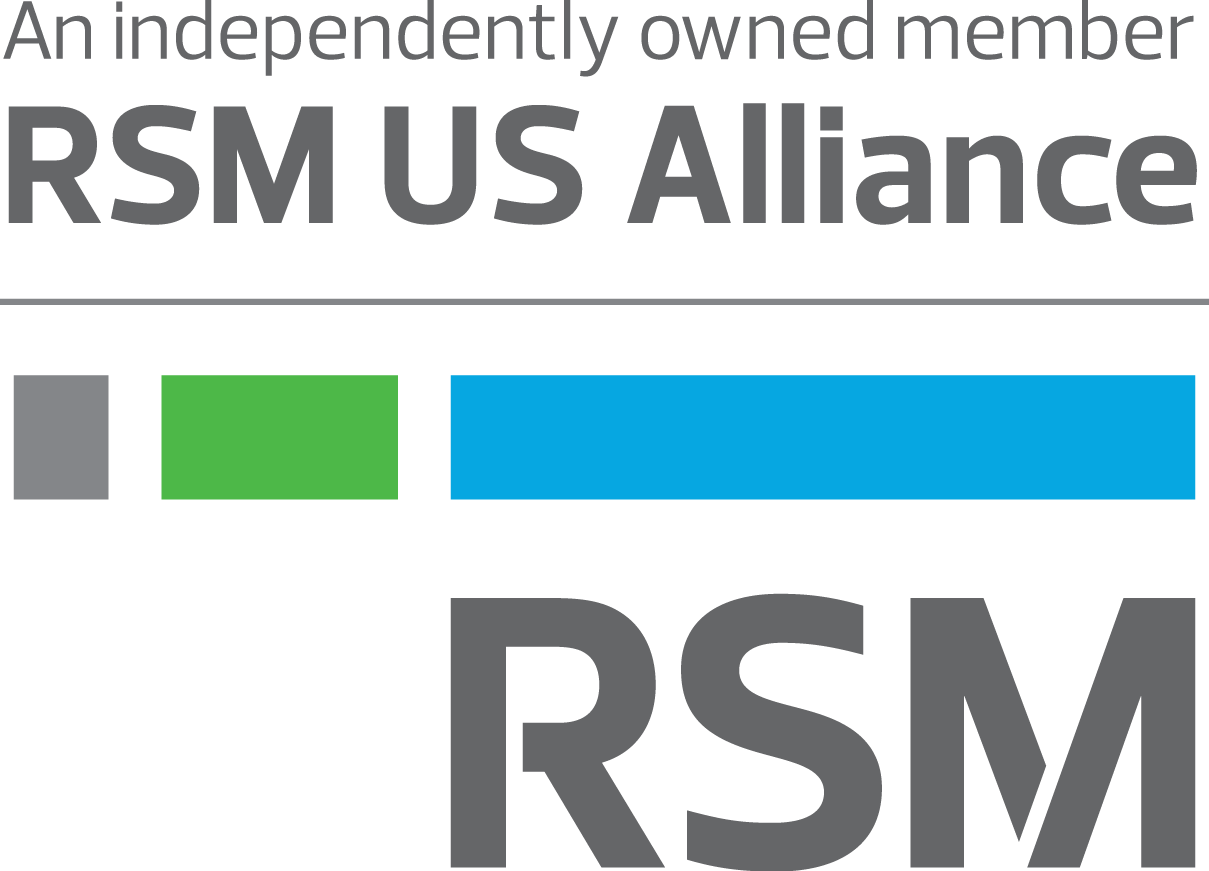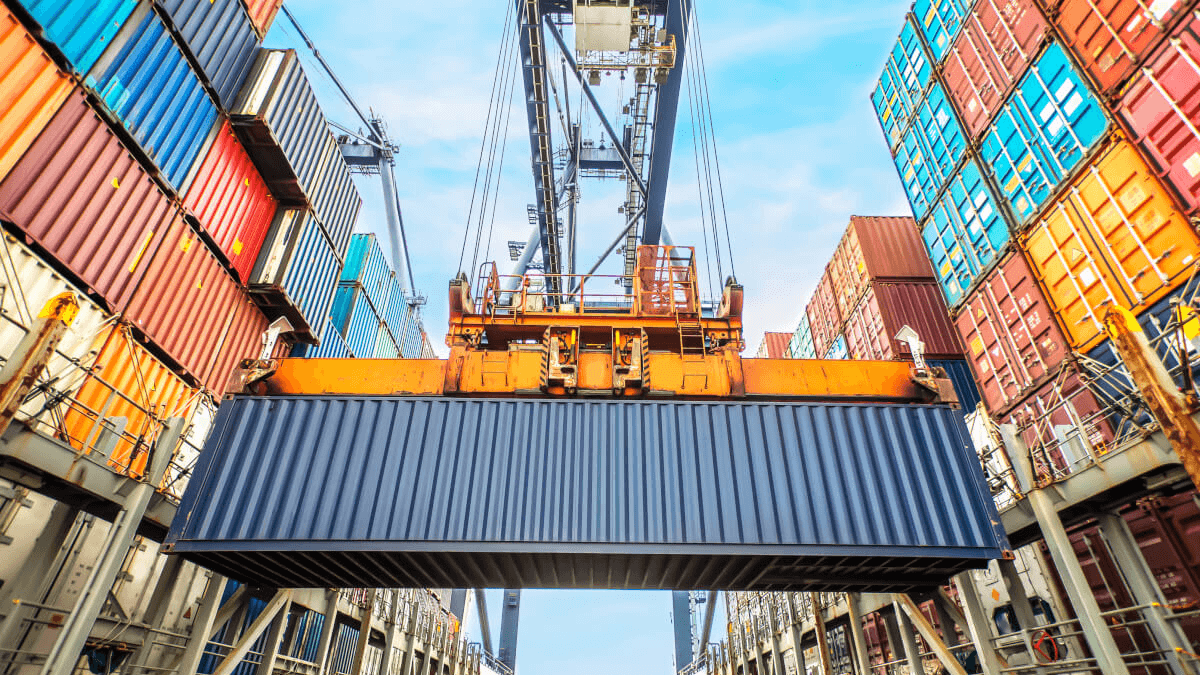Authored by RSM US LLP
Enhanced enforcement of U.S. export controls and sanctions underscores need for action
Companies exporting goods and technologies from the United States should be advised that the U.S. Department of Justice, Department of Commerce’s Bureau of Industry and Security (BIS), and Department of Treasury’s Office of Foreign Assets Control (OFAC) have increased export enforcement activities.
Background: Export controls explained
The United States has implemented various export control laws to protect national security, the domestic economy and foreign policy interests and prevent terrorism and the proliferation of weapons of mass destruction. These laws apply to individuals, U.S. companies and their foreign subsidiaries. They restrict the export and re-export of goods, technology, technical data, technical assistance, software and services to foreign persons and specific countries. Export control laws are complex and fall under the jurisdiction of several government agencies, as follows:
- The Department of Commerce’s Bureau of Industry and Security (BIS) controls the Export Administration Regulations (EAR) which govern goods that have both a commercial and potential military use.
- The Department of State’s Directorate of Defense Trade Controls (DDTC) implements the International Traffic in Arms Regulations (ITAR) which govern military items and defense services.
- The Department of Treasury’s Office of Foreign Assets Control (OFAC) administers and enforces U.S. economic and trade sanctions.
The scope includes anything exported from the United States or U.S. goods re-exported or transferred in-country, even everyday consumer products. Companies must examine the classification, destination, end-user, and end-use to determine if they can proceed with a transaction, including the transfer of technology. Some activities may be subject to more stringent export controls such as shipments of controlled equipment or materials that require an export license to a foreign country, or training a foreign person in the design, development, use or testing of controlled technology.
The consequences for noncompliance are severe, including fines of up to $1 million and/or imprisonment of up to 10 years, seizure and forfeiture of goods, and loss of export privileges. As these fines apply to each violation, multiple violations concerning the same issue can easily result in much larger penalties.
Recent enforcement of U.S. export controls
Since the beginning of this year, the Department of Justice has begun prioritizing the investigation and prosecution of individuals for export control and economic sanctions violations. It has established a new multi-agency task force with the Federal Bureau of Investigation, the Department of Commerce, Homeland Security Investigations and 14 US Attorneys’ Offices throughout the country known as the “Disruptive Technology Strike Force.”
The latest high-profile case is the April 6, 2023, imposition a $3.3 million penalty by BIS and OFAC against a major multinational technology company for violations of export controls and sanctions laws. In this instance, the charge is that a foreign subsidiary of the business knowingly facilitated the sale of software through licensing agreements without either an export or re-export license to entities that appeared on US sanctioned parties lists and/or were located in sanctioned countries. The authorities noted that the subsidiary deliberately circumvented Export Administration Regulations (EAR) and multiple OFAC sanctions programs by facilitating sales to affiliates of sanctioned parties that appeared on the Entity List and Specially Designated Nationals List.
Penalty mitigation through voluntary self-disclosure
This latest action is indicative of an upward trend in focus and enforcement actions. While the penalty in this latest case is substantial, the exporter was able to lower it through the filing of a voluntary self-disclosure. BIS acknowledged the disclosure served as a mitigating factor in determining the amount of the penalty.
Generally, disclosures are a first step in addressing export violations. They demonstrate a party’s intent to comply with U.S. export control laws, including correcting any violations. As in this case, filing a disclosure helps mitigate potential negative consequences including fines, penalties, negative publicity and potentially denial of export privileges. Since the enforcement agencies view export compliance as critical to U.S. national security and foreign policy interests, failure to disclose violations before they are discovered by regulators usually result in enhanced enforcement actions. Once identified in a disclosure, the violation must be followed by corrective action and training to ensure future compliance.
Recommended next steps
We recommend U.S. companies and their foreign subsidiaries that export goods, services and technologies strengthen their export control protocols. This endeavor needs to include, at a minimum, the following:
- Regular assessments of an export compliance program, with appropriate revisions to adhere to current company and regulatory requirements.
- Education and training for relevant associates on export controls.
- Take immediate corrective action upon discovery of export violations and filing voluntary self-disclosures accordingly.
- Continue to screen customers and other business partners against sanctioned parties lists and adjusting supply chain operations as needed.
Key takeaways
The April 2023 case serves as another cautionary tale for all exporting companies and their subsidiaries of the need to be aware that goods, services, and technology (including technology transfer) are subject to various U.S. export control laws. Government agencies expect exporters to have internal controls in place to ensure compliance with the applicable laws and regulations. Implementing proper safeguards to prevent inadvertent violations is a requisite and should start with the development of a robust export compliance control program that includes, among many other elements, a management statement of commitment that is shared with all employees involved in the export process. The exporter must conduct ongoing training of all applicable personnel, continually review the program to ensure that it is working as intended and make improvements when warranted. This effort will help companies avoid substantial fines and penalties that can cost millions of dollars in lost revenue, imprisonment, substantial legal fees, and negative publicity.
This article was written by Mark Ludwig, Jodi Ader and originally appeared on May 03, 2023.
2022 RSM US LLP. All rights reserved.
https://rsmus.com/insights/services/business-tax/enhanced-focus-on-us-export-controls-and-sanctions-enforcement.html
The information contained herein is general in nature and based on authorities that are subject to change. RSM US LLP guarantees neither the accuracy nor completeness of any information and is not responsible for any errors or omissions, or for results obtained by others as a result of reliance upon such information. RSM US LLP assumes no obligation to inform the reader of any changes in tax laws or other factors that could affect information contained herein. This publication does not, and is not intended to, provide legal, tax or accounting advice, and readers should consult their tax advisors concerning the application of tax laws to their particular situations. This analysis is not tax advice and is not intended or written to be used, and cannot be used, for purposes of avoiding tax penalties that may be imposed on any taxpayer.
RSM US Alliance provides its members with access to resources of RSM US LLP. RSM US Alliance member firms are separate and independent businesses and legal entities that are responsible for their own acts and omissions, and each are separate and independent from RSM US LLP. RSM US LLP is the U.S. member firm of RSM International, a global network of independent audit, tax, and consulting firms. Members of RSM US Alliance have access to RSM International resources through RSM US LLP but are not member firms of RSM International. Visit rsmus.com/aboutus for more information regarding RSM US LLP and RSM International. The RSM(tm) brandmark is used under license by RSM US LLP. RSM US Alliance products and services are proprietary to RSM US LLP.

Lauterbach, Borschow & Co. is a proud member of RSM US Alliance, a premier affiliation of independent accounting and consulting firms in the United States. RSM US Alliance provides our firm with access to resources of RSM US LLP, the leading provider of audit, tax and consulting services focused on the middle market. RSM US LLP is a licensed CPA firm and the U.S. member of RSM International, a global network of independent audit, tax and consulting firms with more than 43,000 people in over 120 countries.
Our membership in RSM US Alliance has elevated our capabilities in the marketplace, helping to differentiate our firm from the competition while allowing us to maintain our independence and entrepreneurial culture. We have access to a valuable peer network of like-sized firms as well as a broad range of tools, expertise, and technical resources.
For more information on how the Lauterbach, Borschow & Co. can assist you, please call us at (915) 544-6950.


